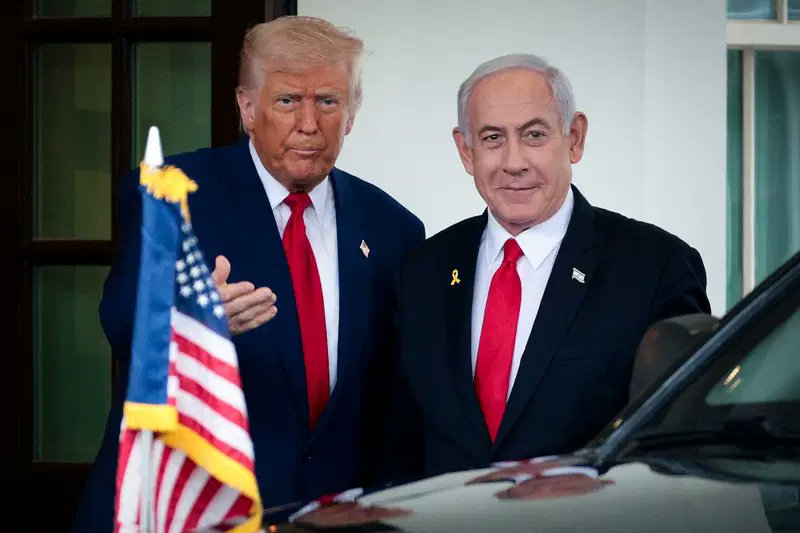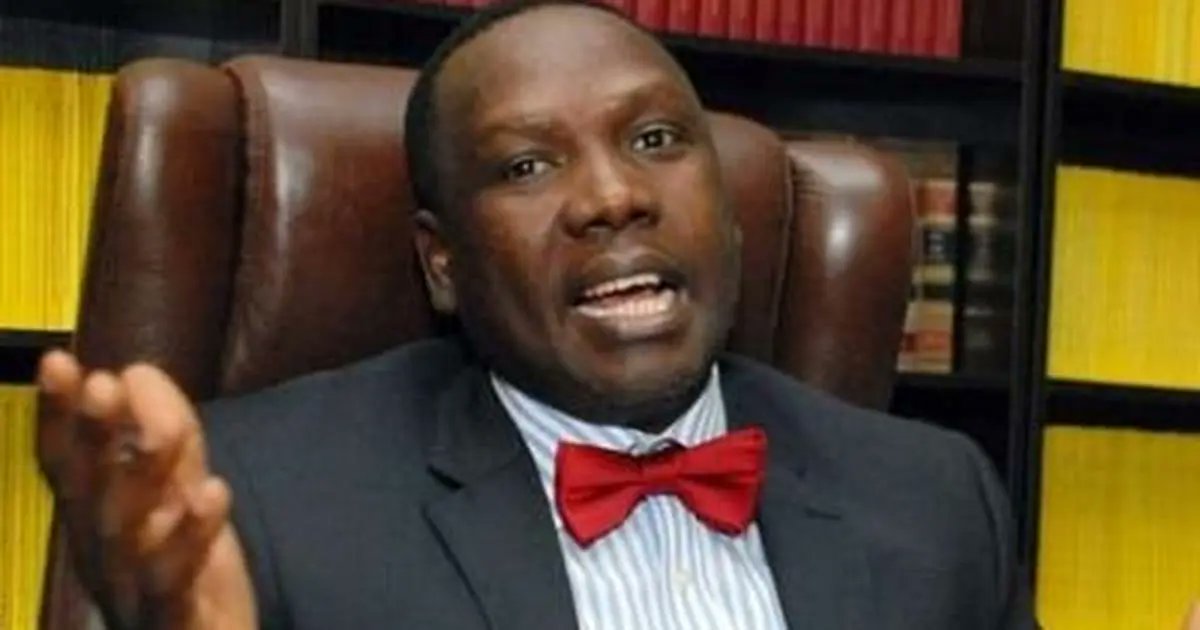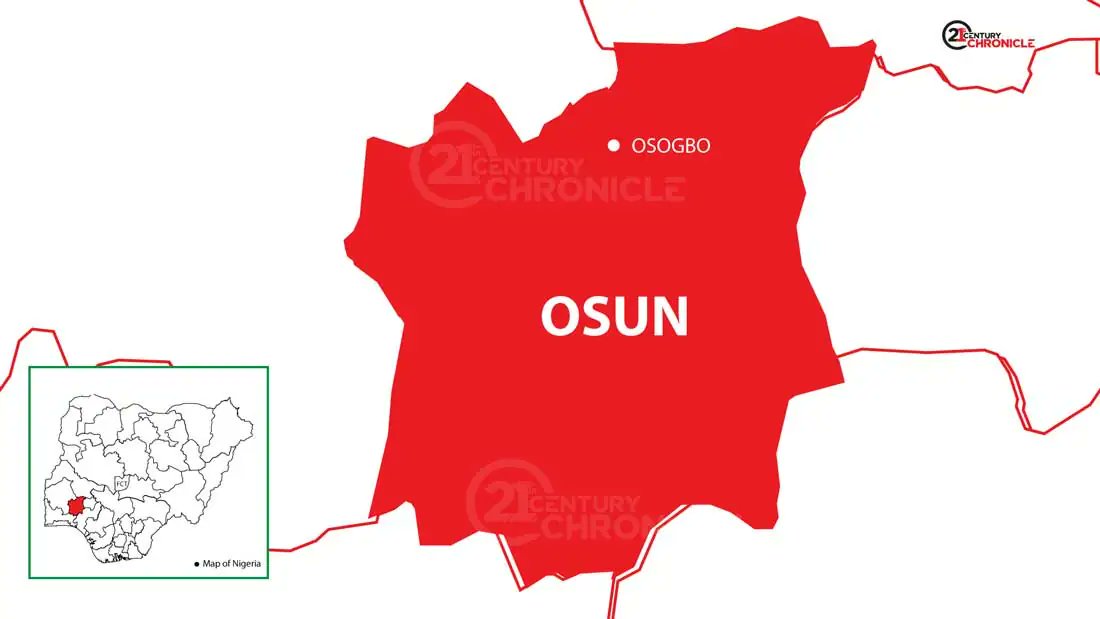
Netanyahu Nominates Trump for Nobel Peace Prize in Surprise White House Move

In a dramatic and unexpected gesture that has sent ripples across the global political landscape, Israeli Prime Minister Benjamin Netanyahu has formally nominated former U.S. President Donald J. Trump for the Nobel Peace Prize. The nomination, which Netanyahu presented in person during a private dinner at the White House, is already stirring intense debate, admiration, and criticism in equal measure.
The event, described by insiders as a “symbolic yet politically charged moment,” took place under the chandeliers of a Washington banquet hall as Netanyahu handed over a signed letter of nomination, citing Trump’s efforts to “forge peace in one country, one region after another.” According to sources close to the meeting, Netanyahu emphasized Trump’s role in historic diplomatic breakthroughs, particularly the U.S.-brokered Abraham Accords, which normalized relations between Israel and several Arab nations — a feat many had considered impossible just a few years ago.
This surprise nomination has reignited global attention on Trump’s foreign policy legacy, particularly in the Middle East, where his administration oversaw a string of diplomatic recognitions between Israel and nations like the United Arab Emirates, Bahrain, Sudan, and Morocco. Netanyahu, who was a key partner in those negotiations, has long credited Trump with reshaping the region's diplomatic architecture, asserting that “no American president has done more to secure Israel’s place in the world.” By nominating Trump for one of the world’s most prestigious honors, Netanyahu has now etched that sentiment into history.
The nomination letter, though not made public in full, reportedly praises Trump’s “courageous diplomacy” and “disruption of old paradigms” that had hindered peace for decades. Netanyahu also referenced Trump’s controversial yet consequential decision to move the U.S. embassy to Jerusalem — a move condemned by many world leaders but celebrated in Israel as long-overdue recognition of its capital. According to one attendee at the dinner, Netanyahu told guests, “History does not always appreciate its architects in real time. But I believe that President Trump’s peace efforts deserve global recognition.”
Reactions to the nomination were swift. Trump himself responded within hours on his Truth Social platform, calling the move “an incredible honor” and thanking Netanyahu for “acknowledging the bold vision and strength it took to make peace where others had failed.” He added, “We made history together, and history will not forget it.” It is not the first time Trump has been associated with Nobel Peace Prize chatter — in fact, several members of the Norwegian Parliament have previously nominated him, though he has never made the shortlist.
Back in Israel, Netanyahu’s move was met with a mix of enthusiasm and skepticism. Supporters hailed it as a reaffirmation of Israel’s enduring alliance with Trump, who remains a popular figure among large swathes of the Israeli public. Others, however, questioned the timing and motives behind the nomination, noting that both Netanyahu and Trump face significant political and legal challenges at home. Critics on social media derided the gesture as “political theatre” and accused Netanyahu of attempting to divert attention from ongoing judicial reform protests in Israel and his own legal troubles, including a high-profile corruption trial.
In the United States, the nomination has added fuel to an already charged political atmosphere. Trump’s supporters have latched onto it as evidence of his global statesmanship, holding it up against the foreign policy record of the current Biden administration. Conversely, critics argue that awarding Trump a peace prize would overlook a host of controversies that marked his tenure — from the withdrawal from the Iran nuclear deal to heightened tensions with China and erratic diplomacy with North Korea.
The Nobel Committee in Oslo has yet to comment on the nomination, as is standard protocol. According to Nobel rules, heads of state and government officials are among those eligible to nominate candidates for the Peace Prize. Nominations are confidential for 50 years, but it is common for politicians to publicly announce their endorsements — especially when they carry significant symbolic weight. Netanyahu’s public display of the nomination — complete with cameras, applause, and a prepared speech — suggests the Israeli leader intends to use the moment to solidify diplomatic and political narratives at home and abroad.
While Trump’s path to actually receiving the Nobel Peace Prize remains uncertain, the mere fact of the nomination has reignited discourse over what constitutes peacebuilding in a modern geopolitical context. The Abraham Accords, while undeniably significant, have also been criticized for sidelining the Palestinian cause and focusing on economic and security arrangements rather than resolving long-standing territorial disputes. Nonetheless, Netanyahu defended the Accords during the dinner, stating, “Peace is not always about perfect outcomes. Sometimes, it’s about creating new beginnings — and President Trump did exactly that.”
Political analysts see Netanyahu’s move as part of a larger effort to reposition Trump in the international spotlight as the 2024 U.S. presidential election looms. The two leaders share a complex and sometimes strained personal history, but their political fortunes have often been intertwined, particularly during Trump's time in office when Netanyahu relied heavily on U.S. support. With Trump now campaigning to return to the White House and Netanyahu grappling with one of the most divisive periods in Israeli political history, the nomination could also be a strategic play to rally their respective bases around shared accomplishments.
In a world where the concept of peace itself is being reevaluated amid shifting alliances, proxy wars, and emerging global threats, Netanyahu’s nomination of Trump stands as a bold and controversial statement. Whether it resonates with the Nobel Committee or the broader international community remains to be seen. What is certain, however, is that it has thrust Trump, Netanyahu, and the Abraham Accords back into the global conversation — and in an election year, that alone could have ripple effects far beyond the White House dinner table.
As the sun set on Washington and the cameras clicked off, Netanyahu was seen raising a glass with Trump, both men smiling as if sealing another chapter in their historic and tumultuous political partnership. The Nobel Peace Prize nomination may not guarantee global approval, but in a world increasingly defined by spectacle, symbolism, and strategy, it was nothing short of headline gold.

